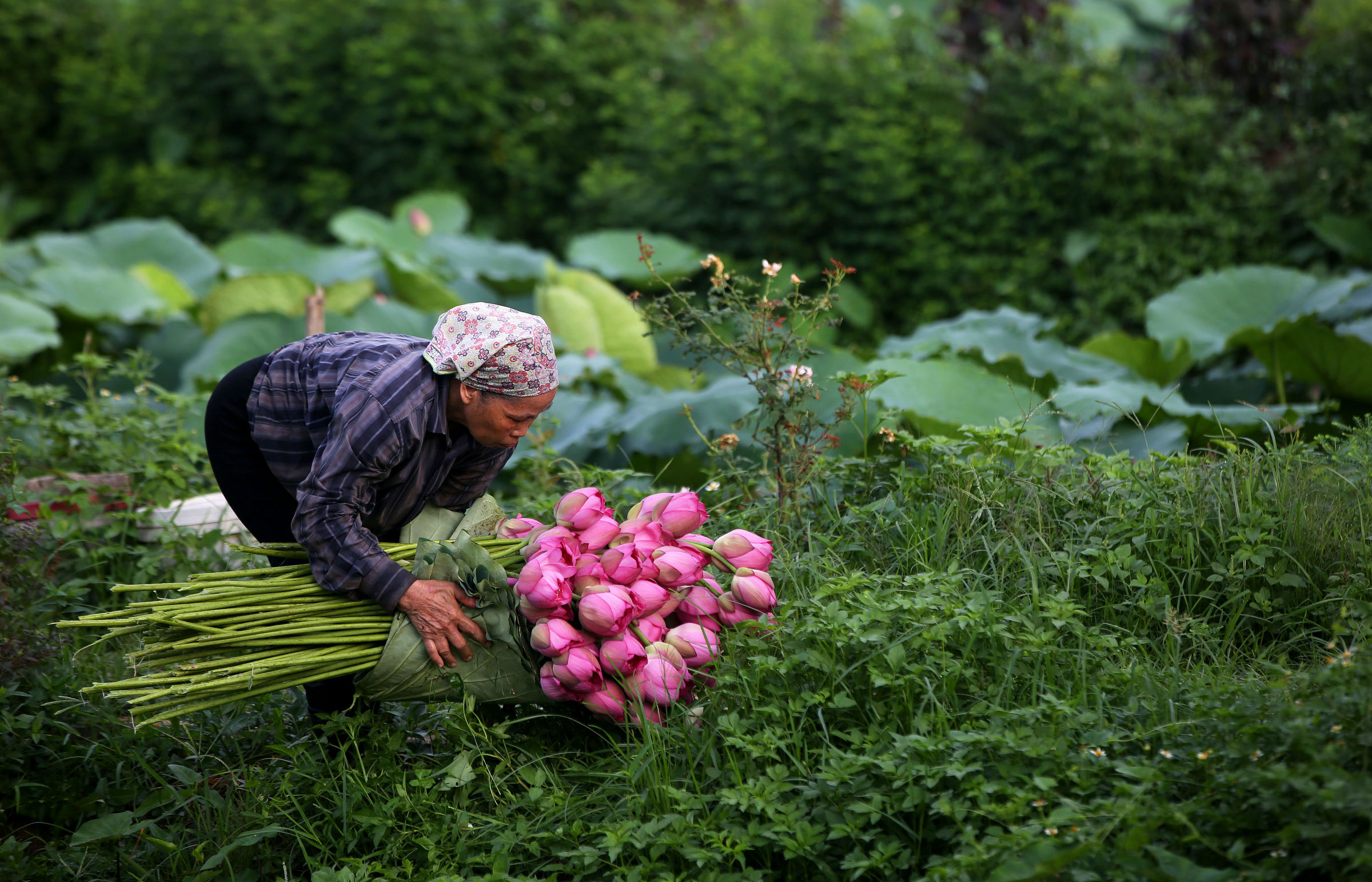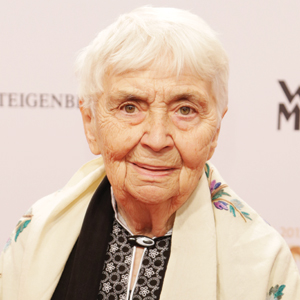Christians in Pakistan are appealing to the country’s political parties to refrain from provocative language, in the highly volatile atmosphere after Prime Minister Nawaz Sharif’s removal from office at the end of last month in a corruption scandal.
The Pakistan Catholic Bishops’ National Commission for Justice and Peace has called on leaders to show maturity. The ruling Pakistan Muslim League-Nawaz has nominated former oil minister Shahid Khaqan Abbasi, a long-standing ally of Sharif, as the new Prime Minister.
In one of his first statements, marking Minorities Day on 11 August, he pledged to fulfil the promise made 70 years earlier by the country’s founder, Muhammad Ali Jinnah, to protect religious minorities. The Prime Minister also announced a state funeral at St Patrick’s Cathedral, Karachi for a German nun and doctor known as “the Mother Teresa of Pakistan”, who dedicated her life to leprosy patients. Sr Ruth Pfau (pictured) a member of the Daughters of the Heart of Mary, died on 10 August at the age of 87 after working in Pakistan since 1960.
Mexican priests in danger
A report by the national Catholic Multimedia Centre (CCM) found that for the ninth year running Mexico is the most dangerous country for priests in Latin America. Since Enrique Peña Nieto became president in 2012, 19 Catholic priests have been murdered. Writing online, a local CCM director, Sergio Omar Sotelo Aguilar, noted that the Church is among the many victims of the organised crime rife in Mexico.
A bishop in the Central African Republic has claimed that on 4-5 August militants of the Muslim-dominated Séléka rebel group massacred 50 civilians in the village of Gambo, 50 miles from the south-eastern border town of Bangassou, because UN troops failed to disarm them.
Bishop Juan-José Aguirre Muñoz of Bangassou reported that in clashes between Séléka and the largely Christian and animist militants of the anti-balaka movement, peacekeeping troops from MINUSCA – the United Nations Multidimensional Integrated Stabilisation Mission – focused firing on the anti-balaka forces. “These so-called peacekeeping troops whose job is to disarm all the factions did forcefully disarm the anti-balaka but not the Séléka, who appear more heavily armed than ever,” he said. “Here is a sense of complicity we fail to understand.”
A Catholic church in Somaliland, which reopened on 29 July after a three-decade closure, was shut again a week later after complaints by the Muslim community. The Somaliland Government had permitted the restoration and reopening of St Anthony of Padua Church in Hargeisa for its small congregation of foreigners. However, the media attention drew outrage and eight days after the church reopened, Skeikh Khalil Abdullahi, Somaliland’s minister for religious affairs, announced: “The Government has decided to respect the wishes of the people and their religious leaders, and keep the church closed as it has been for the past 30 years.”
Alcohol curbs endorsed
Lithuania’s Catholic Church has endorsed new legislation drastically restricting the sale of alcohol, banning drink adverts and raising the drinking age from 18 to 20. “We need a safe Lithuania, where our children can grow up securely – but for this, we need a Lithuania which drinks less,” said Archbishop Gintaras Grusas (pictured) of Vilnius, the Bishops’ Conference president.
The statement, first issued in May, was republished as President Dalia Grybauskaite signed amendments to the Alcohol Control Law, which will curb alcohol trade and consumption from 1 January 2018. Three-quarters of all acts of violence in Lithuania are drink-related, according to official data in this historically Catholic Baltic country, which has the European Union’s highest alcohol abuse rates.
Archbishop Grusas also called for “effective assistance for people with alcohol dependence and their family members”.
Convert ‘not truly Christian’
The Swedish Migration Agency has rejected a request for asylum from an Iranian Christian, reportedly telling her that her conversion from Islam was “her problem” and not Sweden’s. Aideen Strandsson, 37, was baptised in 2014 after arriving in Sweden on a work visa. Swedish lawyer Gabriel Donner, who has worked on a thousand asylum cases involving Iranian and Afghan converts, said the Migration Agency was not convinced Ms Strandsson had truly become a Christian, and it believed that her knowledge of the Christian faith was inadequate.
Ms Strandsson, who has taken a Swedish surname, told the US-based Christian Broadcasting Network that a migration agency official had told her that returning home would not be as bad as she feared because she would only have to spend about six months in prison. Mr Donner noted that the migration agency website states that “torture and rape are common in Iranian prisons”. Critics of the decision point out that while rejecting Ms Strandsson’s application, Sweden has allowed around 150 jihadists who fought for Islamic State to return, and offered them housing and benefits to assist their reintegration.
Jharkhand state in eastern India, ruled by the BJP, which is known for espousing a Hindu nationalist agenda, stunned Christians and others by bulldozing a controversial anti-conversion law through the local legislature on 12 August.
The Freedom of Religion Bill, which was passed by the Jharkhand Assembly days after the legislation was introduced, provides for imprisonment of three years and a fine of 50,000 rupees (£600) or both, and four years’ imprisonment and 100,000-rupee fine, or both, if the convert is a minor or a woman or a member of the Dalit (tribal) community.
Islam should use the historical-critical method to interpret the Qur’an in the same way as the Catholic Church applied it to the Bible, because literal interpretation could lead to fundamentalism, the president of the Swiss Bishops’ Conference, Charles Morerod, Bishop of Lausanne, Geneva and Fribourg, urged in a 7 August interview with the Swiss quality daily Neue Zürcher Zeitung. “We had the same problem as the Muslims have today … until the Second Vatican Council decided that it was imperative to interpret God’s words,” he said.



 Loading ...
Loading ...